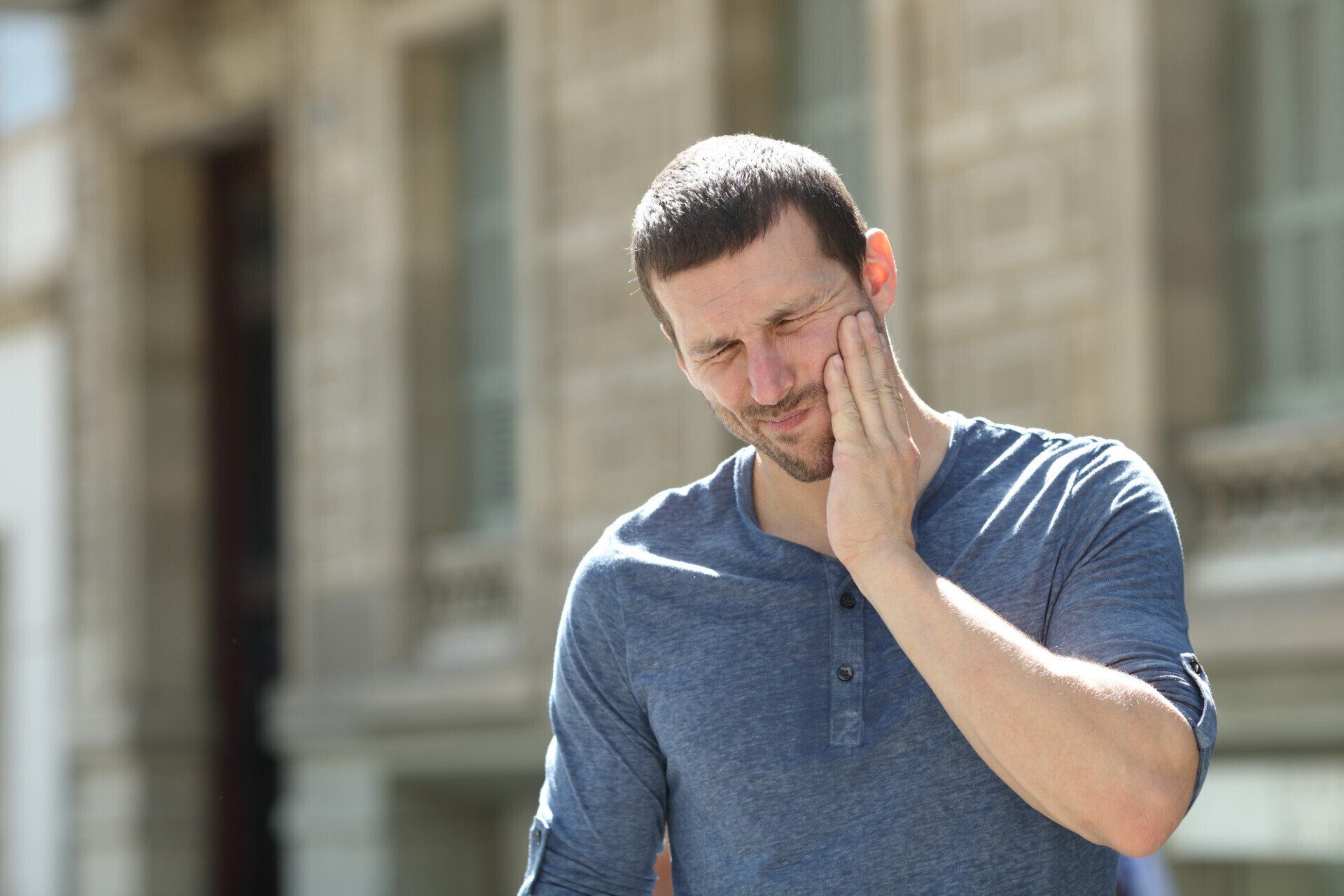The Top TMJ Treatments

Did you know that more than 10 million people in the United States alone suffer from TMJ, also known as temporomandibular joint disorder? The problem with TMJ is that it can be a very painful disorder. For some, the pain can be debilitating and even interfere with a person's daily life.
Fortunately, there are many TMJ treatment options from your dentist in Burke, VA that you can choose from. Some treatments for TMJ pain may be more effective than others, depending on the severity and cause of your TMJ.
Keep reading to learn more about what TMJ is and how you can fix it and live pain-free.
What Is TMJ Exactly?
TMJ specifically affects the temporomandibular joint. This joint is what connects your jaw to your skull. You actually have two of these joints, one on each side of the head.
Without these joints, it would be impossible to move your jaw up and down or side to side. As such, you wouldn't be able to talk or chew food. TMJ is a disorder that not only affects the bones involved in these joints but also the muscles and ligaments that hold these joints together.
TMJ occurs when these joints become inflamed or irritated for one reason or another. Some cases of TMJ have unknown causes. One of the most common causes of this condition has to do with teeth clenching or grinding.
Many people don't even realize that they grind their teeth. This is because people often grind their teeth at night while they're sleeping. When you grind your teeth, you put a serious strain on your jaw muscles.
As you can imagine, straining your jaw muscles night after night can leave them quite sore and inflamed. The movement of your jaw can also wear down the joints in your jaw which can also cause pain. You may also develop TMJ if you were born with a misaligned jaw.
What You Need to Know
If you have very crooked teeth, your teeth may make it impossible for your jaw to rest in a comfortable way. Finally, dislocation of the joint may also cause TMJ, but this is not a common or likely cause unless your jaw has recently sustained some kind of trauma.
What are the symptoms of TMJ, you may ask? Pain is the most common symptom of this condition. For some, the pain may be a dull and constant ache or it may come and go throughout the day.
In this case, the pain may be bearable and not interfere with your life very much. On the other hand, some people have very severe cases of TMJ that cause excruciating pain. This kind of pain can be difficult to live with and may involve the compression of important nerves in and around the jaw.
Besides pain, you may feel tenderness and swelling around your jaw. Your jaw may also produce a clicking or popping sound as you move it up and down or side to side. This may indicate that your jaw is not in the proper position.
In more severe cases, it may be difficult to chew food or speak due to the pain or exhaustion of the jaw.
TMJ Treatment Options
When it comes to dental care and TMJ pain relief, there are many options you can choose from. To start, you should go to your dentist and make sure that your dental health is in good shape. Your dentist will be able to take some X-rays of your jaw and teeth to see the alignment of your jaw.
To start, your dentist will likely want to stick with simpler rather than more invasive ways to treat your TMJ symptoms. For example, applying a cold pack to your jaw throughout the day should help reduce the swelling in the area. The cold will also minimize the sensation of pain.
Keeping the cold pack on your jaw for about 10 minutes should do the trick. This will allow the muscles in your jaw to relax and become less inflamed. At this point, if your dentist advised you to try any jaw stretching exercises, you should try them. These exercises will help to further relax your muscles and reduce any stress that they might be under.
After exercising your jaw, don't forget to then apply a warm compress to your jaw. To make sure your jaw isn't under any unnecessary strain, try to eat more soft foods such as soup or yogurt. Harder foods such as meat or peanuts will exhaust your jaw and put the muscles and ligaments in the area under more stress.
The Details
If you grind your teeth at night, wearing a night guard is essential. This will protect your teeth and also your jaw. A night guard will also stabilize your jaw so it doesn't move so much during the night.
If you're unsure what kind of night guard to get, your dentist will be able to explain the different options for you. If these methods don't do anything to help your TMJ problems, you may need more invasive treatment methods such as surgery. This is especially true if your jaw is misaligned in some way.
By putting your jaw back into its proper position, it should no longer be strained and your TMJ should be a thing of the past.
All about TMJ Treatment
TMJ pain can be very difficult to live with which is why TMJ treatment from your dentist in Burke, VA is so important. By getting this problem treated, you'll no longer have to deal with jaw pain or inflammation.
To learn more, contact us here.












